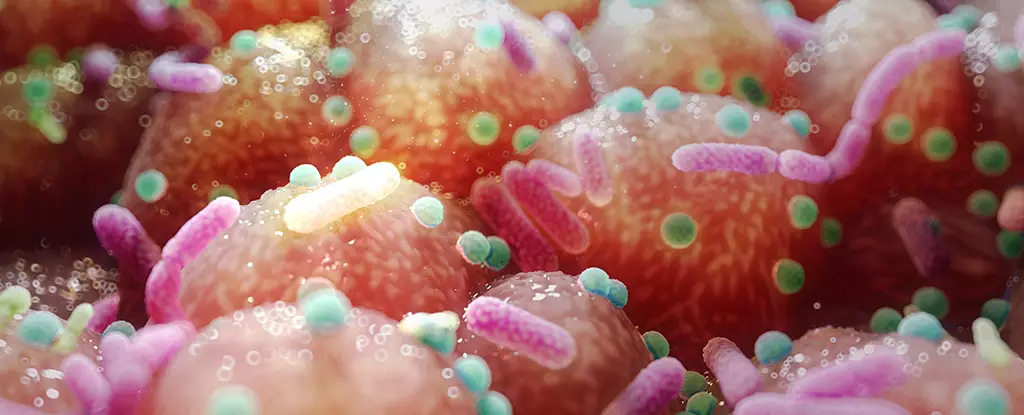Recent research has unveiled a potential link between gut microbes and the development of Parkinson’s disease. A study conducted by medical researchers at Nagoya University identified specific gut microbes associated with decreased levels of riboflavin (vitamin B2) and biotin (vitamin B7) in individuals with Parkinson’s disease. This revelation opens up the possibility of a simple and unexpected treatment using B vitamins to alleviate symptoms in a subset of patients.
Parkinson’s disease is a neurodegenerative condition that affects nearly 10 million people worldwide. The onset of symptoms typically begins with issues like constipation and sleep disturbances, which can progress over time to more severe problems such as dementia and loss of muscle control. Existing therapies aim to slow down the progression of the disease and provide relief from symptoms, but the new findings suggest a novel approach using B vitamin supplementation.
Previous studies have shown that individuals with Parkinson’s disease experience alterations in their gut microbiome long before other symptoms manifest. By analyzing fecal samples from a cohort of patients with Parkinson’s disease and healthy controls, researchers found that changes in gut bacteria composition were linked to a decrease in riboflavin and biotin levels. These changes in the microbiome were associated with a reduction in molecules essential for maintaining a healthy intestinal mucus layer, potentially exposing the intestinal nervous system to harmful toxins.
The weakened protective barrier in the intestines could lead to increased exposure to environmental toxins such as cleaning chemicals, pesticides, and herbicides. These toxins are known to trigger nervous system inflammation and the accumulation of α-synuclein fibrils, molecules implicated in the development of Parkinson’s disease. The researchers suggest that maintaining a healthy gut microbiome and reducing exposure to environmental pollutants could have a protective effect on individuals at risk of developing the disease.
Studies have shown that high doses of riboflavin can improve motor function in Parkinson’s patients, particularly when combined with dietary modifications. The researchers propose that supplementation with B vitamins may help prevent the progression of symptoms in some individuals. Ensuring that patients have a balanced gut microbiome and minimizing exposure to toxic substances in the environment could also play a crucial role in managing the disease.
The link between gut health and Parkinson’s disease opens up new possibilities for treatment and prevention strategies. By focusing on restoring a healthy gut microbiome and addressing environmental factors that contribute to the disease, researchers may be able to provide more effective therapies for individuals with Parkinson’s. Further research is needed to understand the complex mechanisms involved in the gut-brain connection and to tailor treatment approaches to individual patients.


Leave a Reply